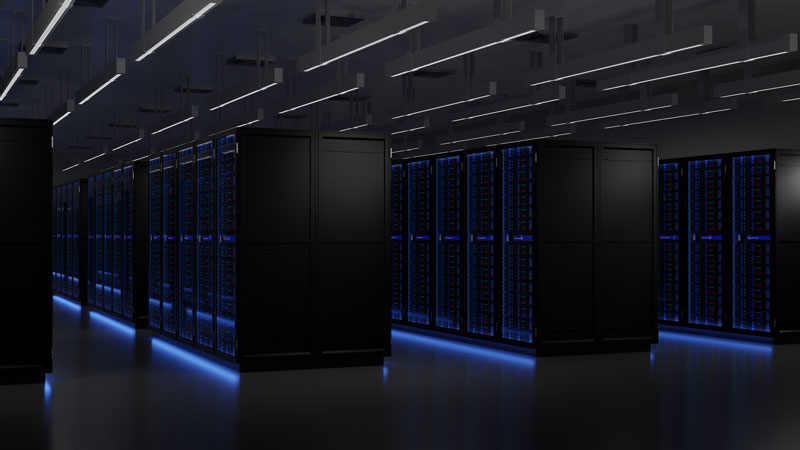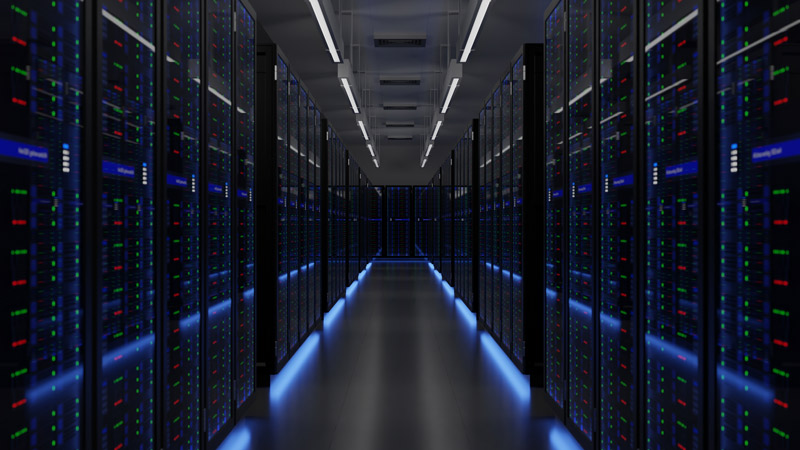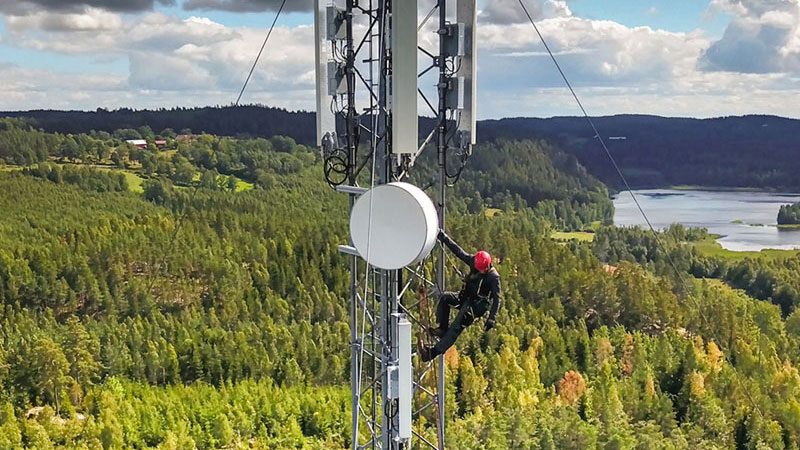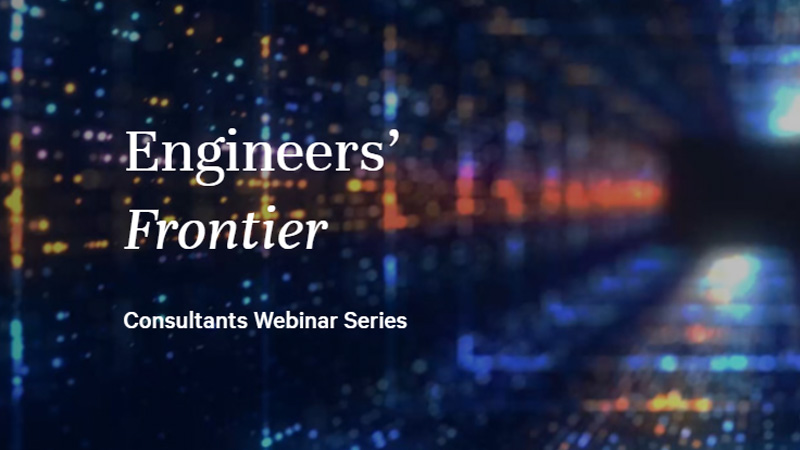Vertiv recently introduced its new Engineers’ Frontier webcast series targeted to consulting engineers who specialize in the data centre industry with the first in the series, “How to Maximize Revenues from Your Data Centre Energy Storage System with Grid Interactive UPS.” Vertiv’s Russell Bulley, Senior Application Engineer, and Marinella Massacesi, Business Development Manager, simplified energy arbitrage by applying the principles strictly to data centre operator goals of saving energy, minimizing cost, and perhaps, making additional revenue from stored energy.
Opportunities for Legacy UPS Battery Storage
The power generation industry is ruled by frequency. Frequency in the power system indicates the balance between the supply and demand of energy. Frequency balance is usually maintained through an energy spinning reserve (a steam turbine), which provides additional backup power to ensure the security of the electricity supply. However, traditional backup power reserves are being phased out due to the move away from coal and may not be able to provide enough response to keep frequency within the specified limits. Balancing services, which provide fast-reacting frequency containment, can help support the grid. Fast frequency response is from a few milliseconds to around 10 seconds, whereas primary response is a few seconds to 30 seconds, and secondary response would be from 30 seconds to 30 minutes.
Owners of legacy UPS systems in which power travels in a single direction can still take advantage of energy savings or revenue systems. Most data centres are not loaded to design capacity. In fact, some run at as little as 20% of design capacity, meaning the batteries have 80% capacity to spare. In this webcast, Bulley reviews how simply switching the UPS to battery to power the load can free up energy for the grid and create other energy-saving opportunities for legacy UPS systems.
Grid Balancing Services for Fast Frequency Response, Demand Management
Modern inverters and rectifiers can be bi-directional, which means the current can be used for other purposes, including revenue earning that supplements the cost of UPS operation. Demand management (or peak shaving) refers to feeding energy into storage (the battery) during times of low demand and using the stored energy during high demand. Data centres that operate a UPS with grid services can provide a rapid response to frequency variations presenting an opportunity to create value for building owners while maintaining continuous uptime for the critical load .
In typical data centre applications, backup batteries are not used most of the time, being required only in case of utility failure. This allows operators to offer their UPS battery storage and UPS for the ancillary services market as primary or secondary reserves or to offset site loads. Larger operators may bid directly to the system operator, which allows them to benefit entirely from the revenues generated by grid services, however, they also need to take on the risks, complexities, and contractual obligations of this model. Operators can also use an “aggregator” to fully or partially finance the investment and benefit from the revenues.
UPS Battery Sizing and Compatibility
The most lucrative services are related to fast frequency response, requiring reaction time between 500 milliseconds and one second in response to over- and under-frequency detection. Although dynamic grid support functionalities are compatible with both valve-regulated lead-acid (VRLA) and lithium-ion batteries, lithium-ion batteries (LIB) are preferred for grid support applications due to their long cycle life, high efficiency, and energy density, as well as their ability to be monitored and controlled through a battery management system.
Vertiv™ Liebert® EXL S1 With Dynamic Grid Support
The Vertiv™ Liebert® EXL S1 UPS with the Dynamic Grid Support feature allows energy-intensive industries to utilize the UPS and batteries in a proactive way. These units help operators generate earnings and reduce costs by maximizing the use of UPS battery storage, which is already present and not utilized for most of the time. This has been called “prosuming”. A UPS with grid support is an optimal solution to provide grid balancing services, especially in data centres. Vertiv can supply the fully integrated solution (grid interactive UPS with external controller and energy storage) both to the end user, and the aggregator or energy service provider, while always supporting the critical load.
In addition to this webinar, you can learn more by reading the Vertiv white paper entitled, “How to Maximize Revenues from Your Data Centre Energy Storage System with Grid Interactive UPS.”
Go online to view the entire lineup of the Engineers’ Frontier webinars and be sure to join the Vertiv LinkedIn community of consulting engineer and partners today.









